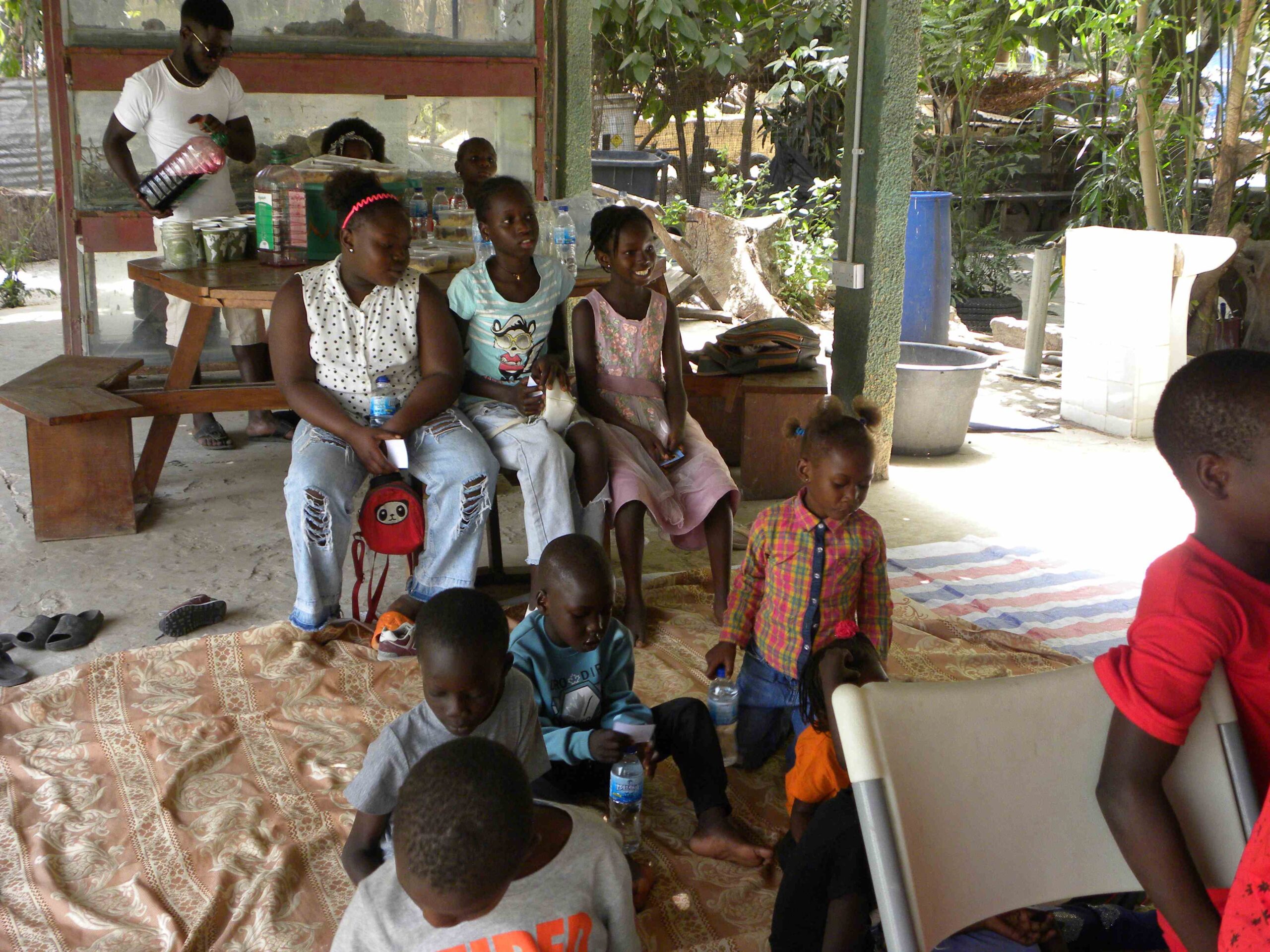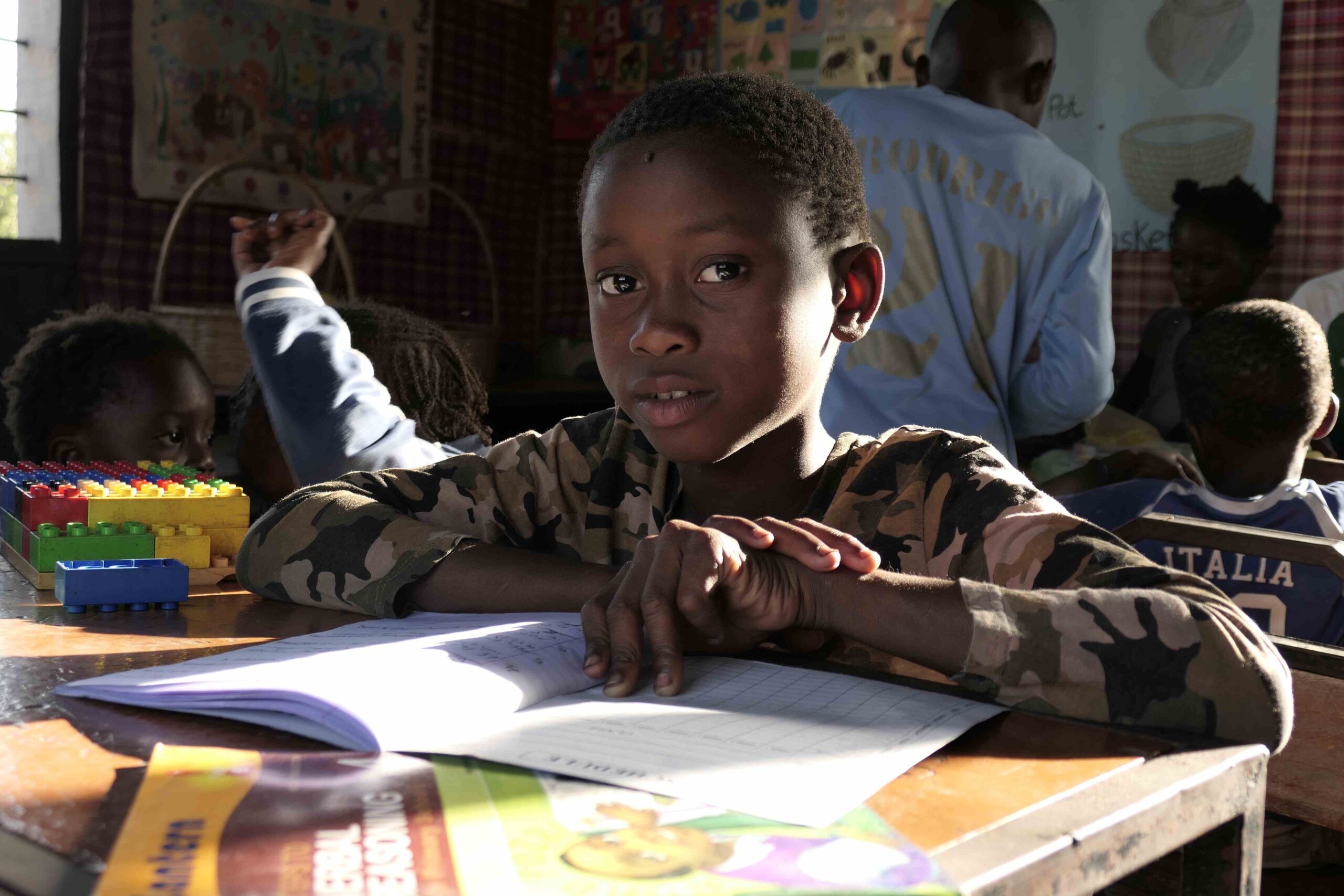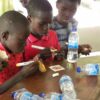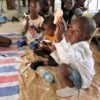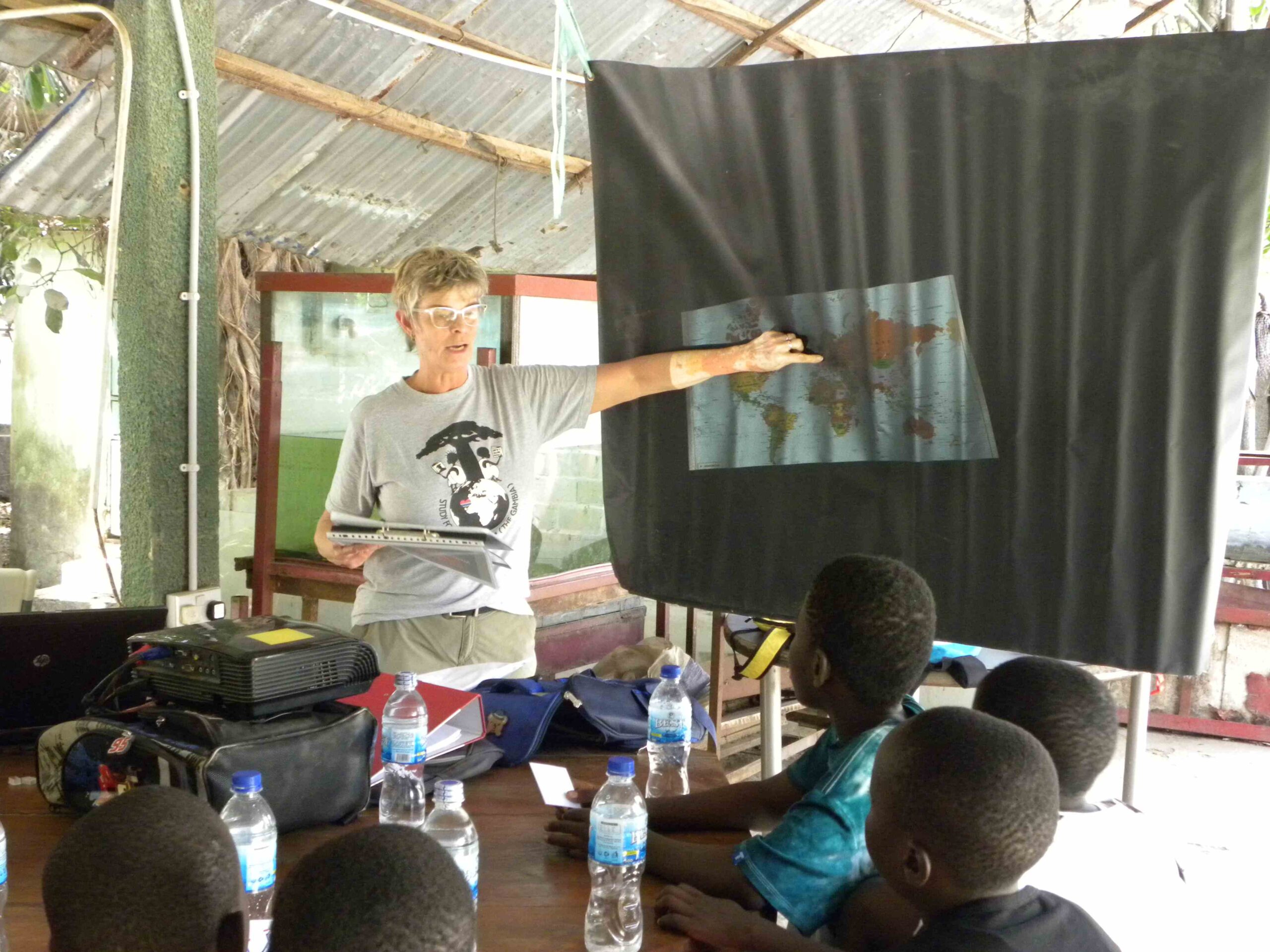
We organize educational field trips that offer children hands-on learning experiences. These trips are designed to complement classroom learning, giving students a broader understanding of the world around them. By visiting museums, historical sites, science centers, and other educational destinations, children gain valuable insights and a deeper appreciation for various subjects.
Complementing Classroom Learning
Classroom learning provides the theoretical foundation for many subjects, but it can sometimes lack the practical application that makes learning come alive. Educational field trips bridge this gap by allowing students to see, touch, and experience the concepts they learn about in school. For example, a trip to a science center can bring physics and chemistry lessons to life through interactive exhibits and experiments.
Broader Understanding of the World
Field trips expose children to a wide range of environments and experiences that they might not encounter in their daily lives. Whether it’s a visit to a historical site to learn about the local heritage, a trip to a museum to explore art and culture, or an excursion to a nature reserve to understand biodiversity, these experiences broaden students’ horizons and encourage them to think critically about the world around them.
Engaging Learning Experiences
Hands-on learning is one of the most effective ways to engage students and help them retain information. During field trips, children participate in activities and projects that require them to apply what they’ve learned in school. This active involvement enhances their understanding and makes learning more enjoyable and memorable.
Building Social and Interpersonal Skills
Field trips also provide opportunities for students to develop social and interpersonal skills. As they explore new environments and work on group activities, they learn to communicate effectively, collaborate with peers, and develop problem-solving skills. These experiences help build confidence and prepare them for future academic and personal challenges.
Encouraging a Lifelong Love of Learning
By making learning exciting and interactive, educational field trips can inspire a lifelong love of learning. When children see the relevance of their studies in real-world settings, they become more motivated to explore and discover new things. This curiosity and enthusiasm for learning can have a lasting impact on their educational journey and future aspirations.
Conclusion
Educational field trips are a vital component of our program in Gambia, providing children with enriching experiences that complement their classroom learning. By visiting museums, historical sites, science centers, and other educational destinations, students gain a broader understanding of various subjects and develop a deeper appreciation for the world around them. These trips not only enhance academic learning but also build essential social and interpersonal skills, fostering a lifelong love of learning. Through these initiatives, we are committed to nurturing the potential of every child and contributing to a brighter future for Gambia.

